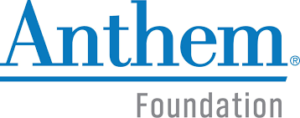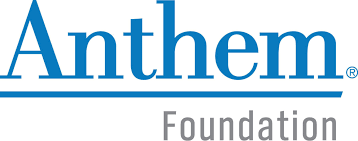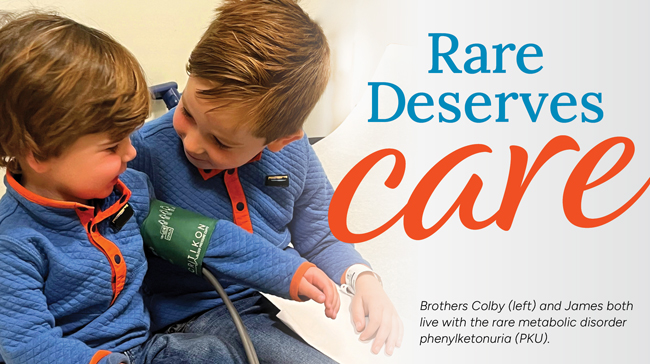Washington, D.C., January 3, 2019 – Today, the National Organization for Rare Disorders (NORD) announced the completion of extensive additions and improvements to its Rare Disease Database, which serves as a valuable resource for patients, families and caregivers in need of easy-to-understand information about rare diseases. The enhancements to the database and to the NORD website, which receives close to one million visits a month, are designed to improve the community’s ability to find what they need more easily. 
Providing reliable information to the rare disease community has long been central to NORD’s mission. In addition, ensuring that the community has a good user experience while getting this information is vitally important. With a grant from the Anthem Foundation, NORD was able to make improvements to the functionality of the database and website and to accommodate the expansion of reporting. These updates include:
- The addition of close to 7,000 rare disease pages provided by the National Institutes of Health’s (NIH) Genetic and Rare Diseases Information Center
- A cleaner results page that includes a preview of each result’s contents when available
- Advanced search options for exact matches and the ability to search results by category
- The incorporation of “Did you mean?” recommendations into the search results if the system suspects that you may have spelled a word incorrectly
- The addition of 45 new NORD Rare Disease Reports
- A listing of all 7,000 diseases recognized as rare by NIH
“We are excited to be providing information that covers all rare diseases currently recognized by NIH. It’s important to us that we represent and support the entire rare disease community and its needs,” said Sika Dunyoh, Director of Education Programs for NORD. “The Anthem Foundation’s generosity has also allowed us to create a more user-friendly interface that will benefit patients and caregivers as well as researchers, medical professionals, public policy officials, and members of the media who are seeking information about rare diseases.”
The information about specific rare diseases on the NORD website (www.rarediseases.org) is free and available to everyone, accessible either online or in downloadable format.
# # #




